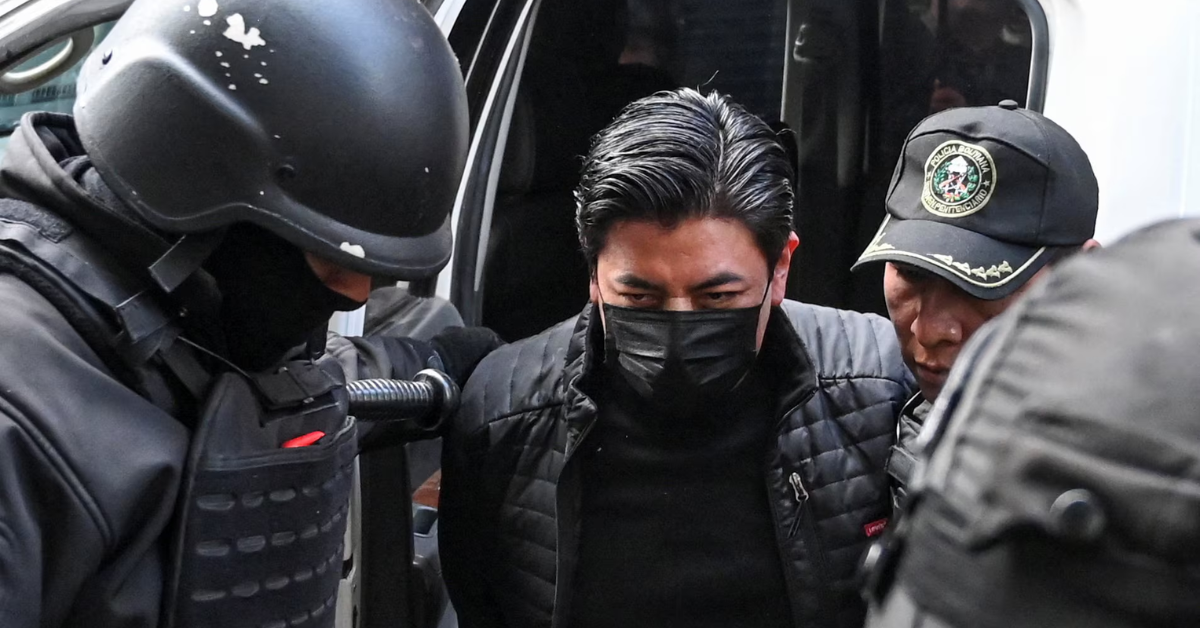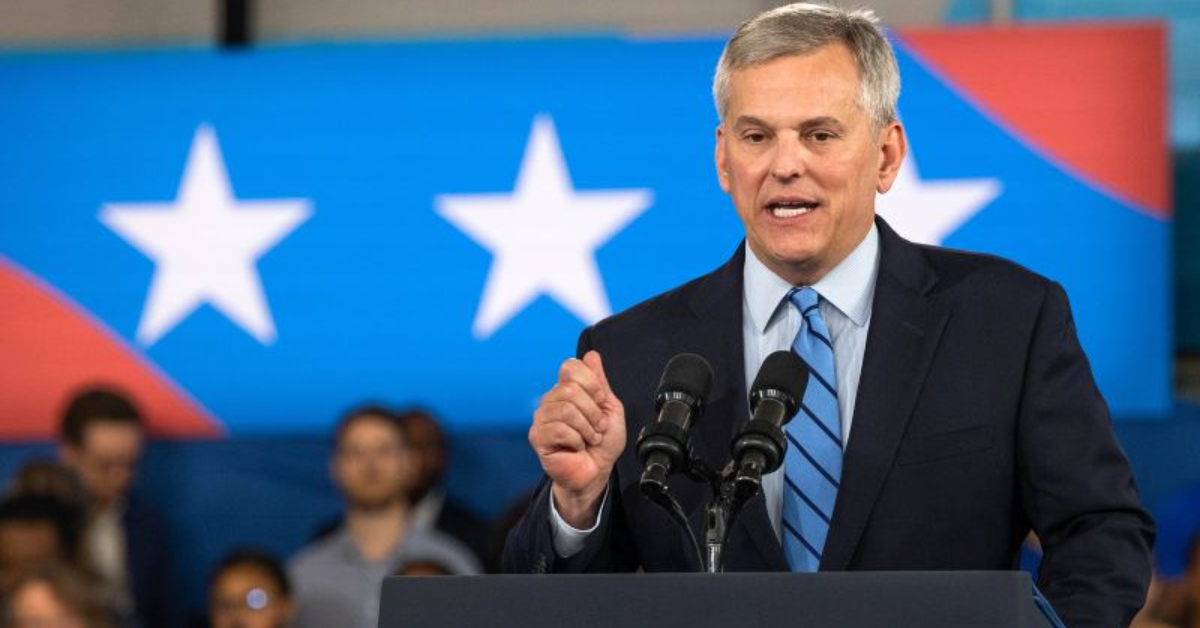La Paz, Bolivia – In a significant development, Marco Pumari, former leader of Bolivia’s Civic Committee of Potosi, has been released from prison and placed under house arrest after nearly four years behind bars without a trial, according to reports from local media on Friday.
This move marks a critical turning point for Pumari, a politically influential figure in the Potosi region, an area known globally for holding the world’s largest lithium reserves. His detention has drawn attention both domestically and internationally, given the strategic importance of lithium and its impact on Bolivia’s economy and politics.
A Controversial Detainment Amid Political Crisis
Marco Pumari was arrested during the turbulence of Bolivia’s 2019 political crisis, a period that saw then-President Evo Morales resign amid allegations of electoral fraud. Pumari faced accusations of “terrorism” due to his alleged participation in events surrounding the crisis.
However, despite being imprisoned for nearly four years, Pumari was never brought to trial, which raised concerns from various human rights observers and political commentators about due process and judicial fairness.
- 2019 Political Crisis: Triggered by disputed elections and allegations of fraud, leading to Morales’s resignation.
- Pumari’s Role: Former leader of the Civic Committee in Potosi, a key political and economic region.
- Charges: Accused of terrorism linked to the crisis events.
The Importance of Pumari in Bolivia’s Political Landscape
As leader of the Civic Committee of Potosi, Pumari held significant political influence. The Potosi region’s vast lithium reserves have placed it at the forefront of Bolivia’s economic ambitions, especially as global demand for lithium continues to surge due to its critical role in battery technology.
His release to house arrest is seen by some analysts as an attempt to ease political tensions and stabilize relations in a region crucial for Bolivia’s future energy sector development.
What’s Next for Marco Pumari?
With his release to house arrest, there are ongoing questions about the next steps in Pumari’s legal and political journey. Observers are watching closely whether his case will proceed to a formal trial or if further negotiations will take place between political factions.
“The prolonged detention without trial has been a concern for Bolivia’s justice system credibility,” a local legal expert commented, highlighting the significance of this new development.
Key Facts at a Glance
- Marco Pumari: Former leader of Potosi Civic Committee.
- Detention Duration: Nearly four years without trial.
- Charges: Accused of terrorism related to 2019 political crisis.
- Current Status: Released to house arrest.
- Significance: Potosi holds world’s largest lithium reserves, vital to Bolivia’s economy.







